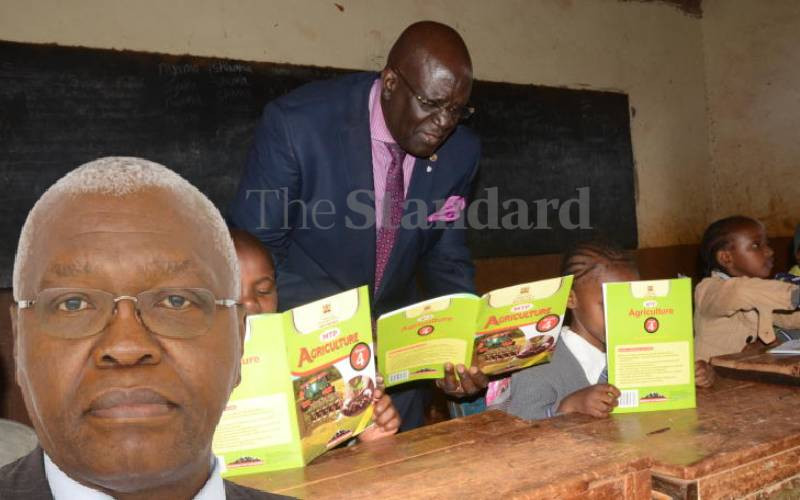×
The Standard e-Paper
Kenya’s Boldest Voice

The journey toward sweeping reforms in the education sector from basic education to university level under President William Ruto has started.
This is after the Head of State appointed a team of 42 members, which will be led by renowned educationist Prof Raphael Munavu, to collect views and propose radical changes that would affect the implementation of the Competency-Based Curriculum (CBC), relook middle-level training and also suggest modifications to university education.







